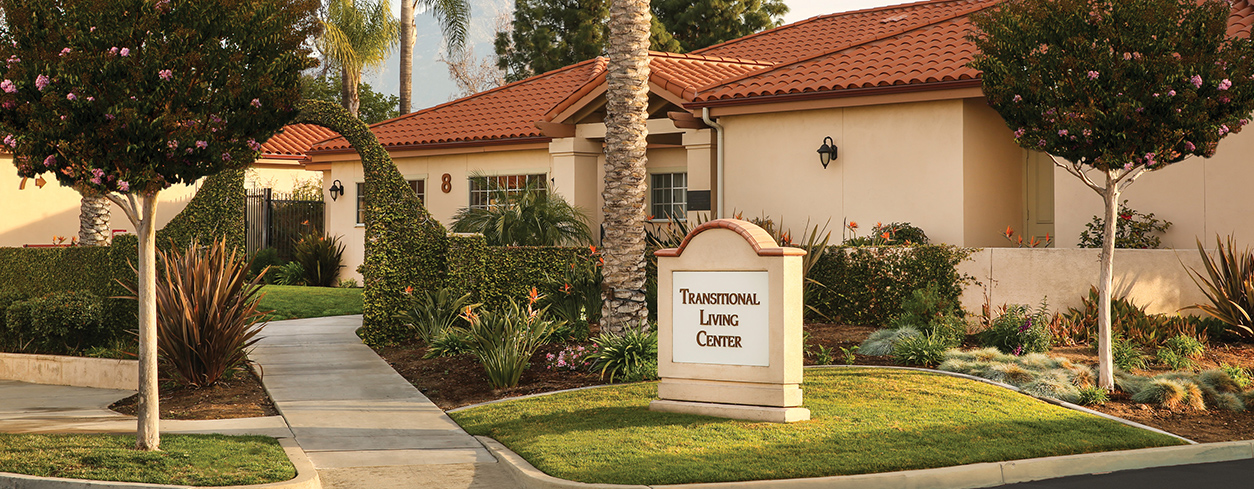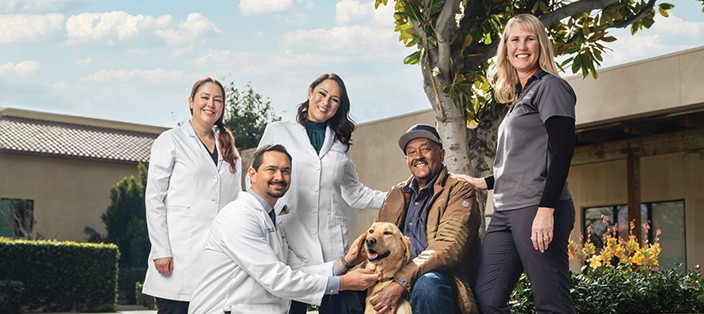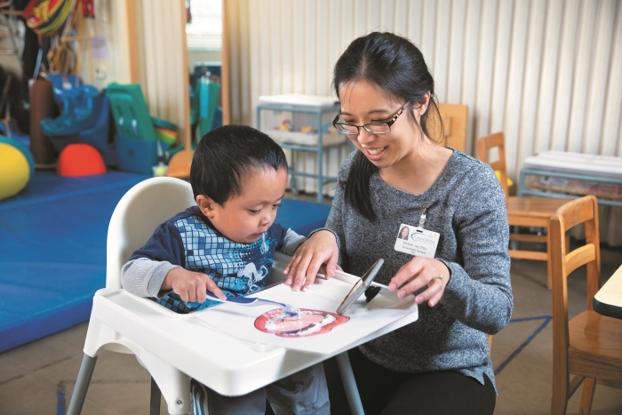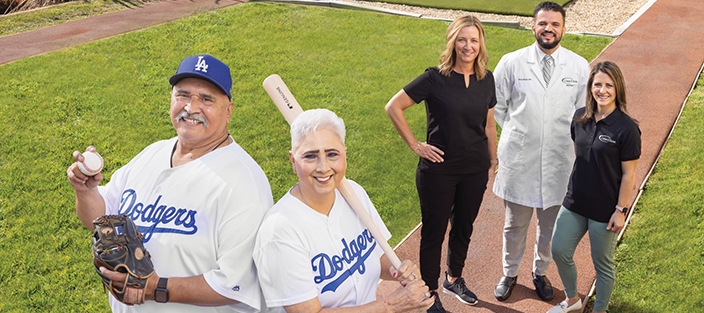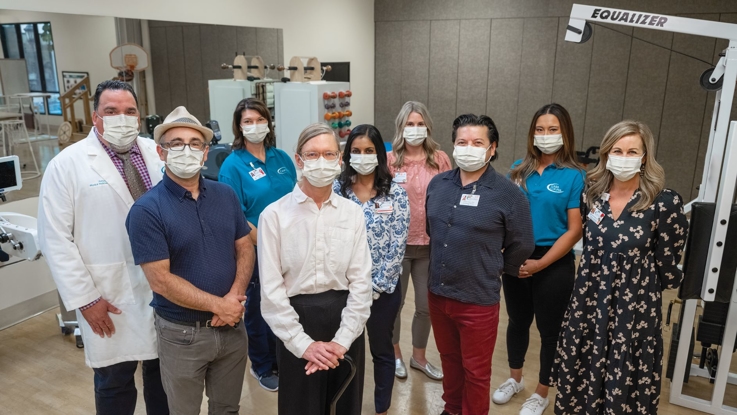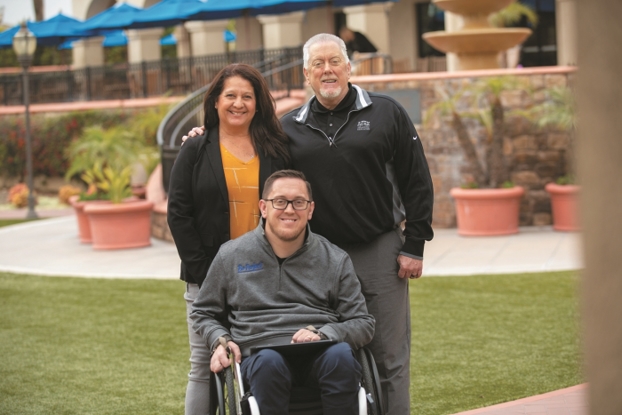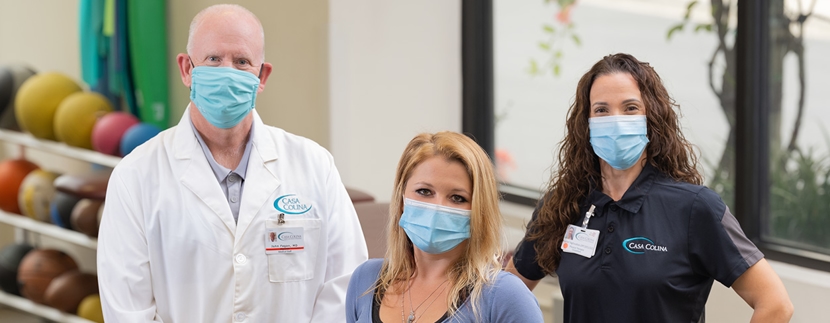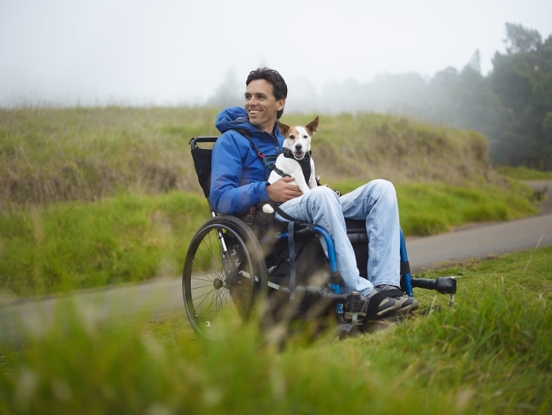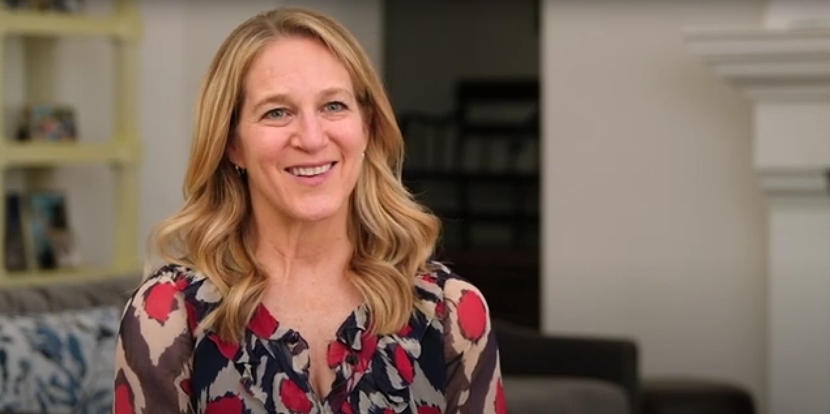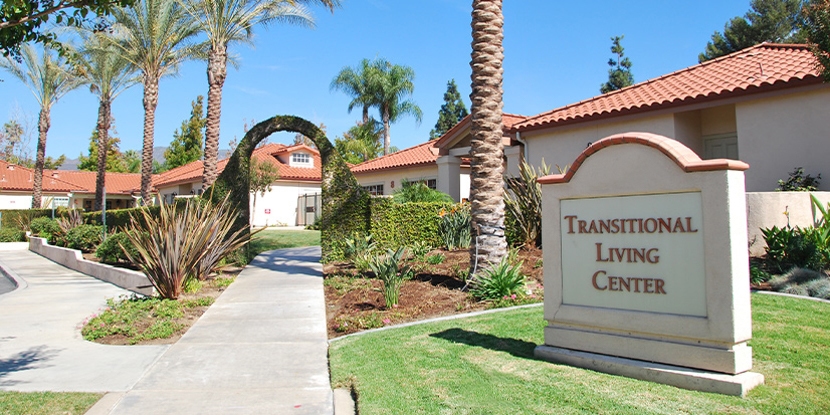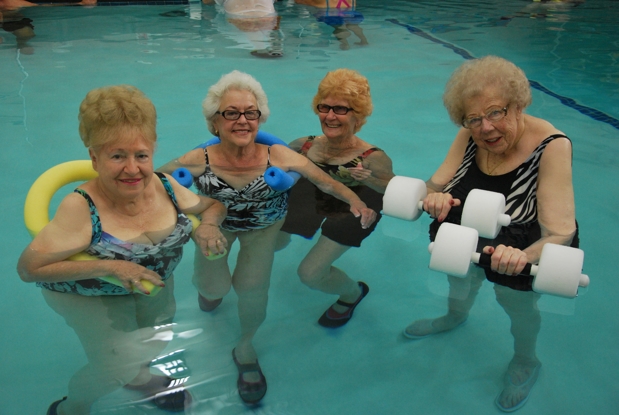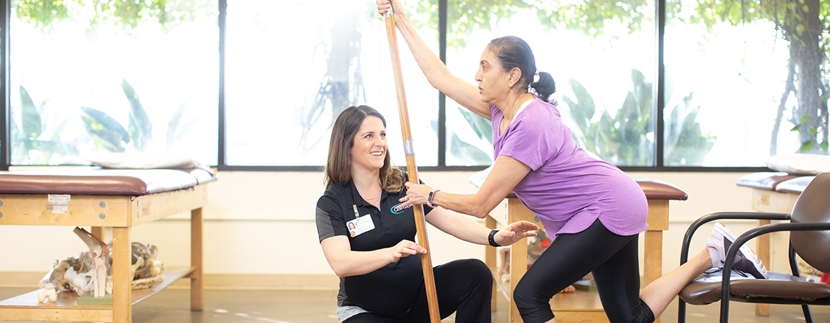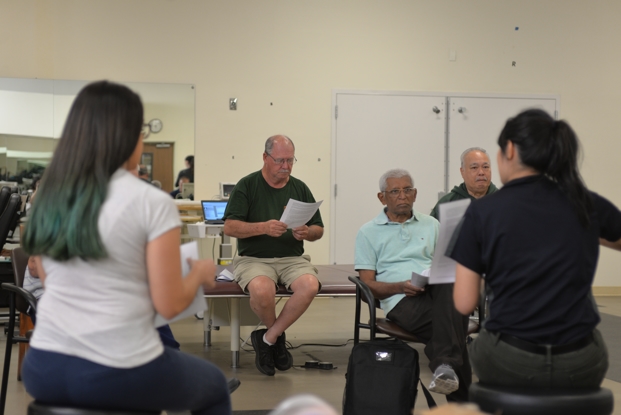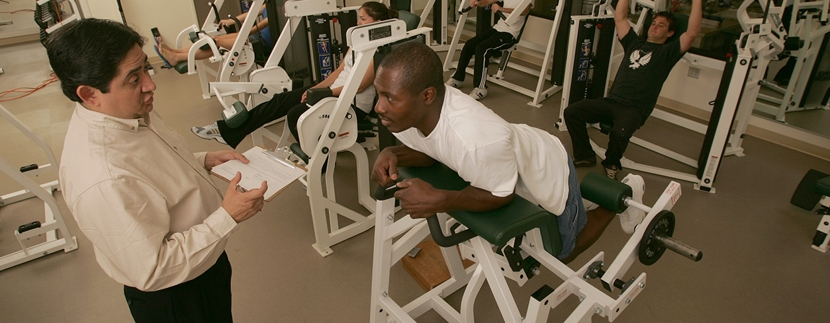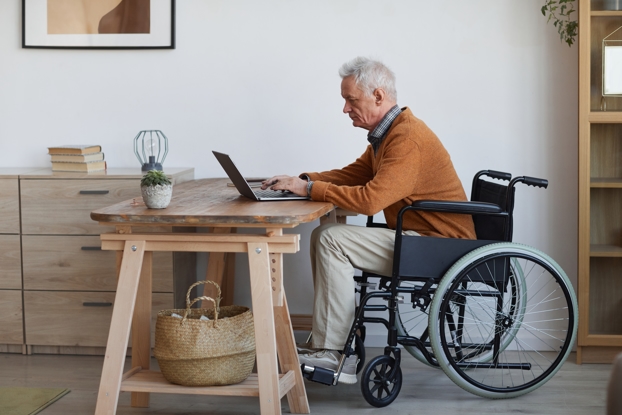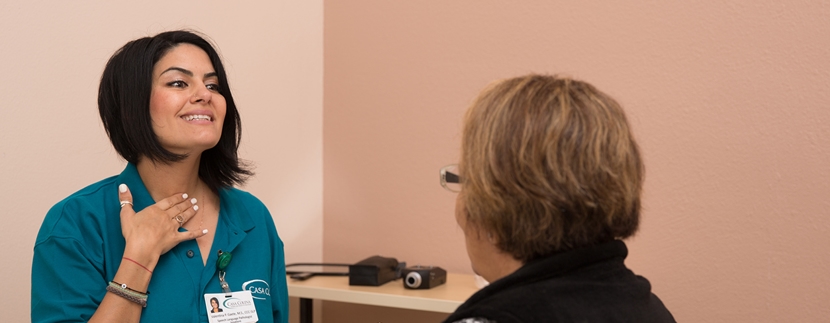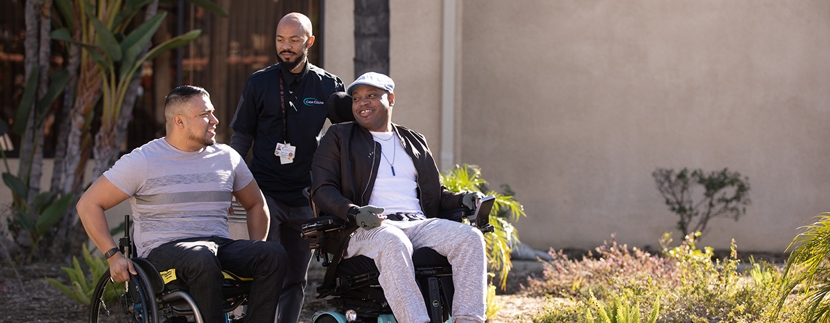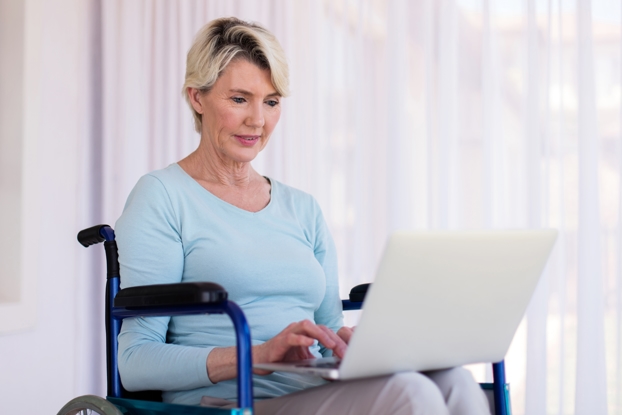
Traumatic Brain Injury
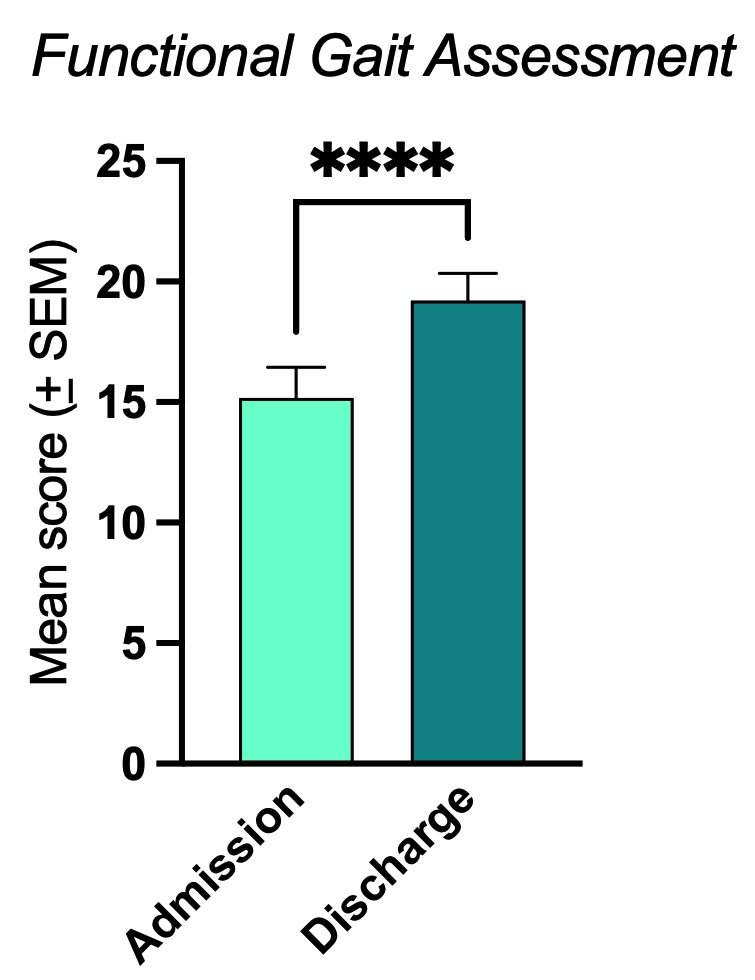 Physical Improvement
Physical Improvement
Clients experience a significant improvement in their physical abilities, including walking.
Upon admission, most clients are severely impaired and unable to walk.
At discharge, most clients are walking independently with only mild impairments.
Data collected between May 2022 - December 2023; sample size = 34. We use the Functional Gait Assessment to measure walking ability. Scores range from 0-30; 30 represents normal walking.
Increased Independence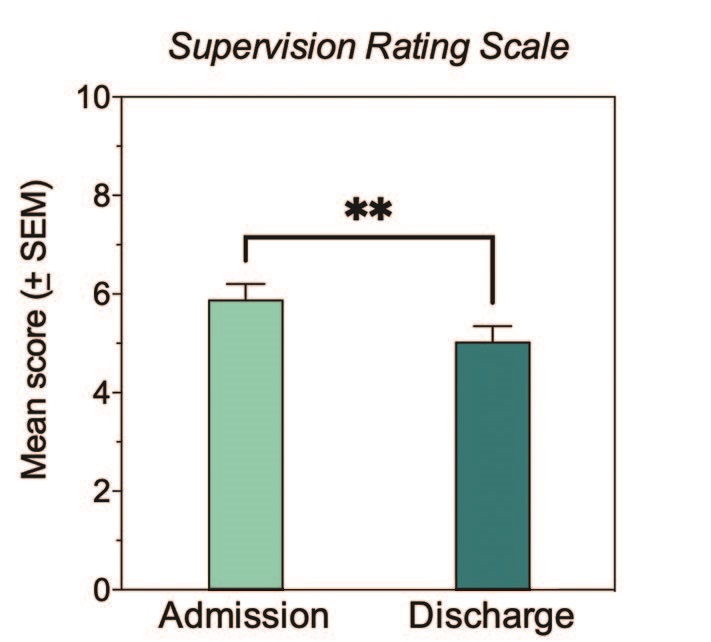
Clients experience a significant decrease in the level of supervision they need, allowing them to return to their previous living environment.
On average when clients are admitted to Casa Colina with a brain injury, they require full time direct or indirect supervision.
At discharge clients only require part-time supervision. This allows more of our clients to return home and participate in community activities.
Data collected between May 2022 - December 2023; sample size = 37. The Supervision Rating Scale measures the amount of supervision one may need from a licensed professional or caregiver. 10 = 24-hour supervision.
Cognitive Changes
Clients experience significant improvements in their cognitive abilities, including memory and problem solving.
On average, we observe significant changes as clients go from requiring moderate to only minimal cues for memory and supervision for problem solving tasks.
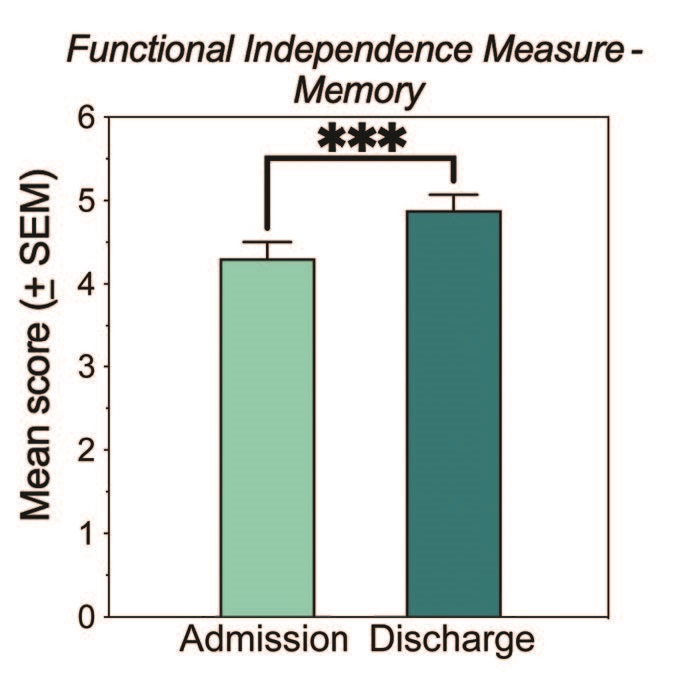
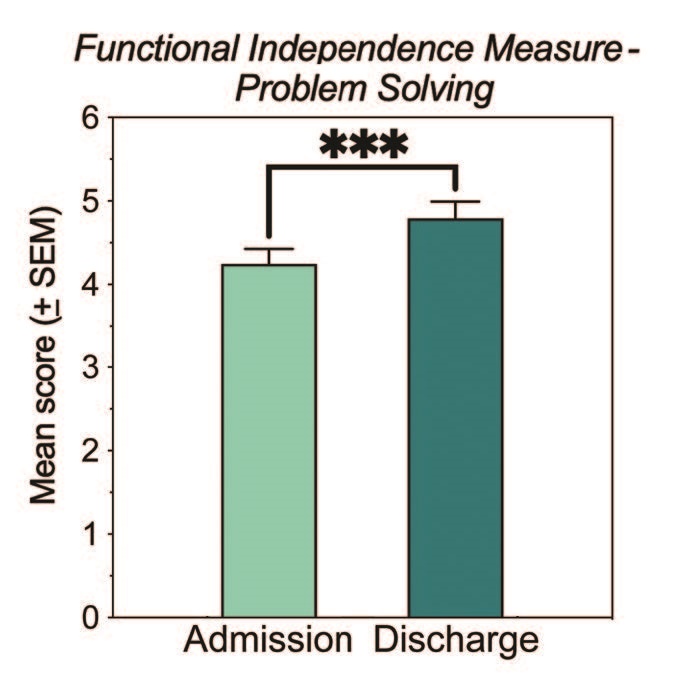
Data collected between May 2022 - December 2023; sample size = 37. We use the American Speech-Language-Hearing Association functional communication measures to observe changes in problem solving abilities and memory. 7 = normal communication.
-
 Independent Fitness Program (Pool & Land) April 24
Independent Fitness Program (Pool & Land) April 24Our Independent Fitness Program is for individuals who want to continue a wellness program independently or with the assistance/supervision of a family member or caregiver. You will be educated on safe use of the equipment and appropriate exercises ...
View Event Details -
 Assisted Fitness Program (Pool & Land) April 24
Assisted Fitness Program (Pool & Land) April 24Our Assisted Fitness Program is for individuals who want to continue a wellness program but are not physically able to participate independently and do not have a caregiver or family member to assist them. A Casa Colina rehabilitation aide assists ...
View Event Details -
 Parkinson's Disease Group Wellness at Casa Colina Pomona Campus April 24
Parkinson's Disease Group Wellness at Casa Colina Pomona Campus April 24Our popular group wellness program provides a general framework for wellness and an overview of therapeutic techniques and equipment for individuals with Parkinson's disease. This group meets at our Pomona Campus every Wednesday from 11 a.m. to 1 ...
View Event Details -
 No Boundaries Program (Land Only) April 24
No Boundaries Program (Land Only) April 24The No Boundaries Program is for individuals who have suffered a neurological injury, want to continue making functional gains, and improve their health and wellness after insurance benefits are no longer available. A structured, intensive program is ...
View Event Details -
 Parkinson's Disease Group Wellness at Casa Colina Azusa Center April 25
Parkinson's Disease Group Wellness at Casa Colina Azusa Center April 25Our popular group wellness program provides a general framework for wellness and an overview of therapeutic techniques and equipment for individuals with Parkinson's disease. This group meets at our Azusa Center every Thursday from 11 a.m. to 1 p.m. ...
View Event Details -
 ALS Support Group April 25
ALS Support Group April 25This group is currently meeting online. Managed by the ALS Association, Golden West Chapter, Greater Los Angeles Office Facilitator: Crystal Galvan, RRT Online (Contact facilitator for virtual meeting information)* Contact: 747/284-3003 or ...
View Event Details -
 Communicating with Aphasia Group April 25
Communicating with Aphasia Group April 25Casa Colina’s Outpatient Communicating With Aphasia Group is designed to encourage social camaraderie while promoting receptive and expressive language skills to enhance daily conversations. The group focuses on individuals who have communication ...
View Event Details -
 Spinal Cord Injury (SCI) Support Group April 26
Spinal Cord Injury (SCI) Support Group April 26This group is currently meeting online. Support group for individuals with spinal cord injuries. Life with SCI, information, ideas, resources, and support. Facilitator: Andrew Skinner Online (Contact facilitator for virtual meeting information)* ...
View Event Details -
 Outdoor Adventures and Wheelchair Sports Program: Wheelchair Basketball April 26
Outdoor Adventures and Wheelchair Sports Program: Wheelchair Basketball April 26Cost :$35.00 Join Casa Colina ODA staff in a fast paced game of wheelchair basketball. Wheelchairs, jerseys and instruction provided. To sign up for participation, please visit our Participant Forms page and follow the instructions to submit your ...
View Event Details -
 Post Polio Support Group April 27
Post Polio Support Group April 27This group is currently meeting online. The San Gabriel Pomona Valley Post Polio Support Group shares information and experiences associated with polio conditions. Facilitator: Marci Ellison Online (Contact facilitator for virtual meeting ...
View Event Details

